What does innovation and technology for gender equality mean to you?
Topics
Share online
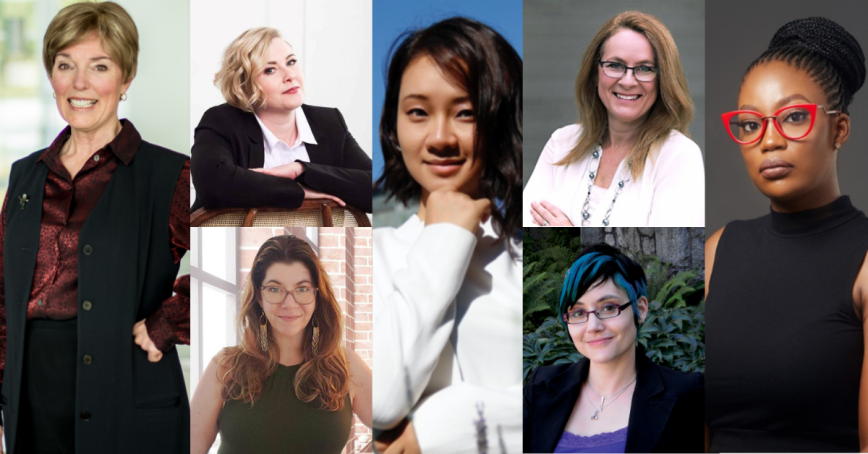
Royal Roads University celebrates the achievements and contributions of women in our Royal Roads community and the important work they do year-round to advance conversations about women's empowerment, gender equity and inclusion.
This year the United Nation’s theme for International Women’s Day is DigitALL: Innovation and technology for gender equality.
In honour of International Women’s Day, we asked members of our community, what does this theme mean to you? And what do you see as the relationship between innovation and technology, and gender equality? Here's what they had to say.
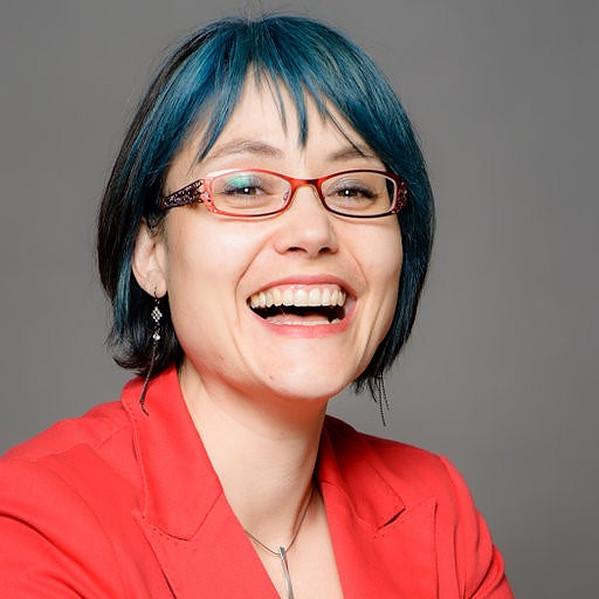
Jaigris Hodson, Interdisciplinary Studies assoc. prof.
People think that technological innovation will be the thing that solves a multitude of wicked problems, such as climate change, gender equity/ecology and racism, to name a few.
But technological advancement under the current morally bankrupt system of white settler, colonial capitalism exacerbates the existing problems rather than solving them. For example, my research with Dr. Veletsianos has shown that technology facilitated violence and abuse on social media mostly hurts the most vulnerable users: women, racialized individuals and gender non-conforming folx.
Similarly, while we consume much technology in the west, e-waste is often shipped off to the global south, where the harms of e-waste fall disproportionately on economically disadvantaged women of colour. And via the automation of previously secure and unionized jobs, more families are falling below the poverty line, or forced to take up gig work, which also puts additional burdens on women who often hold the bulk of caregiving responsibilities still.
We’re not going to innovate our way out of inequality until we build a more just economic and social system.
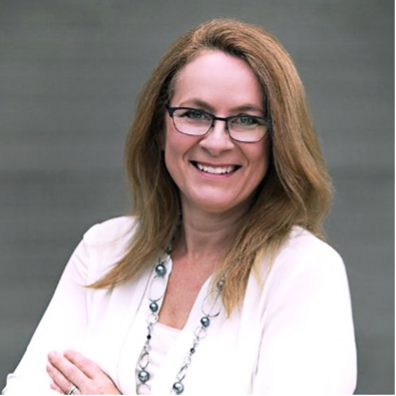
Terry Rachwalski, Business assoc. faculty member
Working in technology and innovation for 35 years has kept me curious and requires life-long learning.
An engineering degree was not an option when I started out and I remember the sting of having to work harder and know more than my colleagues.
My hope is that challenging myself in non-typical female roles while bringing a distinct gender perspective has cleared paths for the next generations to find fulfilling roles, whether or not from STEM.
A strong female presence in technology has and can continue to lead the way for so many industries.
Finding allies and using your leverage to mentor and elevate others and then use that strength to support other disadvantaged groups is essential.
Gender equality, like all human rights, isn’t just equal pay and opportunity just for typically-gendered women, it’s also creating an equal voice for all without having to shout.
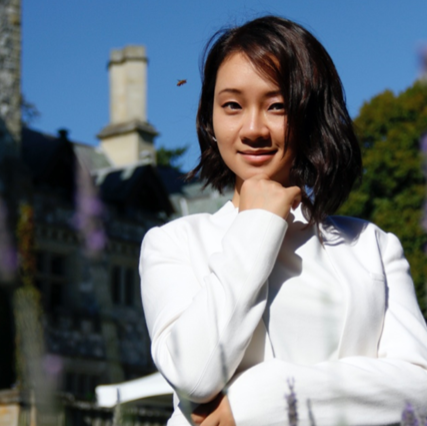
Juana Du, Communication & Culture assoc. prof.
How do transformative technologies reshape our conventional assumptions of boundaries – in ways that we define our cultural and gender identities, space, time and communities?
I have been reflecting on this question, triggered by personal and collective memories and experiences of connecting online during the Covid-19 global pandemic.
New digital technologies invite and engage younger generations to delineate and come to a realization of a world of gender equality and inclusion, albeit the existing gender digital gaps are still perpetuated by economic and social inequality.
Working with international students from more than ten cultural backgrounds on a daily basis, I am deeply inspired by their positive imaginations and fresh energy to make a difference to our societies.
As a starting point to depart for a better world, we need to constantly remind ourselves of unconscious gender bias embedded in all social structures and systems, in establishing new processes and providing novel solutions of digital literacy training.
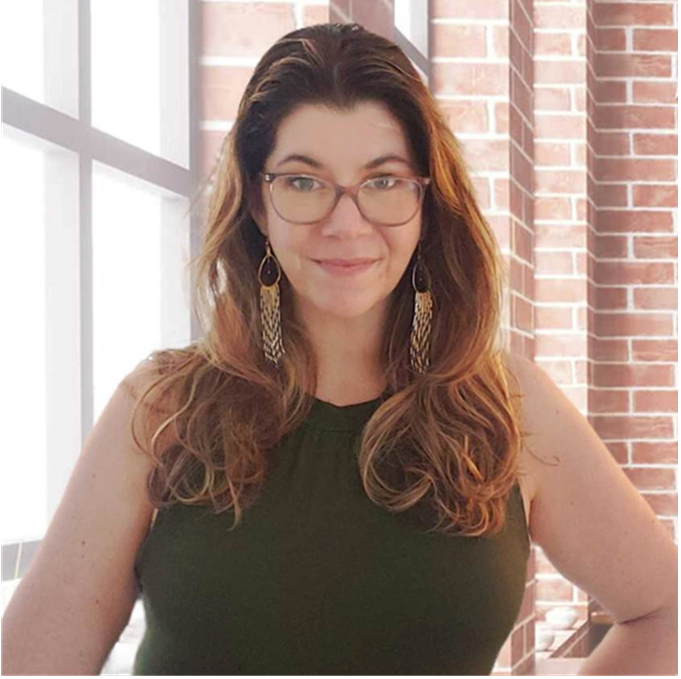
Christina Jones, MA in Learning and Technology alum
Being a woman in innovation and technology means breaking down stereotypes and challenging gender norms. It means challenging the status quo and showing others that they too can excel in these fields.
I see my role as a mentor and role model for other women and marginalized persons, encouraging them to pursue careers in innovation and technology.
Gender equality in these fields is crucial because it ensures that all voices are heard and represented in the development of new technologies. Without diverse perspectives, we risk creating products and services that do not meet the needs of all users.
By promoting gender equality in innovation and technology, we can create a more inclusive and equitable future for all.
As a leader, I am committed to fostering a culture of inclusivity and diversity within my company and the industry as a whole.
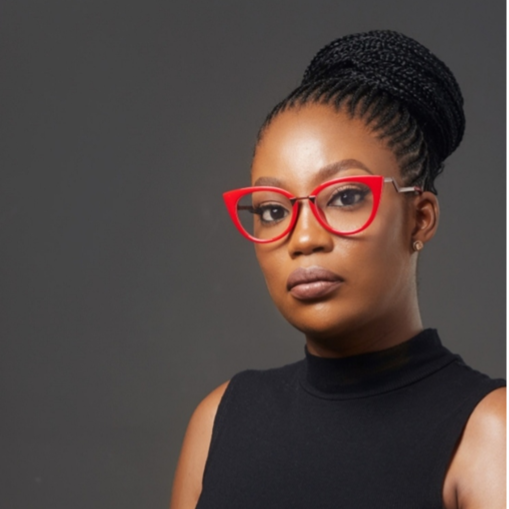
Dr. Noelle Chuks-Eboka, RRU researcher, IICRD associate
As a member of the Youth’s Experience of Peer-to-Peer Sexual Violence Online, Social norms and Youth-Led Recommendations for Prevention and Response research team, to me, being a woman in innovation and technology means actively contributing to a safe online environment by facilitating the prevention online child sexual violence.
Tackling online child sexual violence and enhancing gender equality are closely related. Online child sexual violence disproportionately affects girls, perpetuating gender inequality and reinforcing harmful gender stereotypes.
Moreover, perpetrators of online child sexual violence often use gender-based violence and discrimination as a tool to control and intimidate their victims. This reinforces the gender hierarchy and undermines efforts to achieve gender equality.
By tackling online child sexual violence, we can contribute to a more equitable and just society and online tech environment, where individuals are free to engage in healthy and respectful relationships, irrespective of their gender identity or sexual orientation.
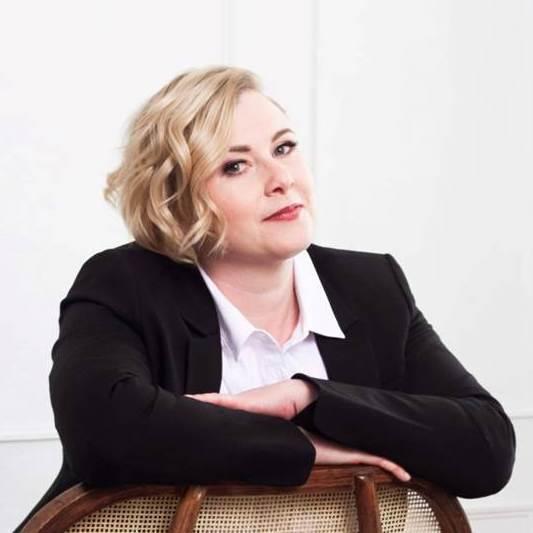
Corie Houldsworth, MA in Learning and Technology student
Being a woman in innovation and technology means that I will not be left behind.
Thanks to the women who have come before me, I have been able to see people with whom I can identify and that let me see that I can take my place in that community with confidence. I can also make sure that I take my turn to amplify the voices of other women like my predecessors did for me.
As a worker in the nuclear industry, my field is at the forefront of work that is being done to improve human health, global safety and security, and fighting climate change.
My research allows me to contribute to the body of research about innovation in knowledge transfer in this field as part of my work, as well as being my passion!
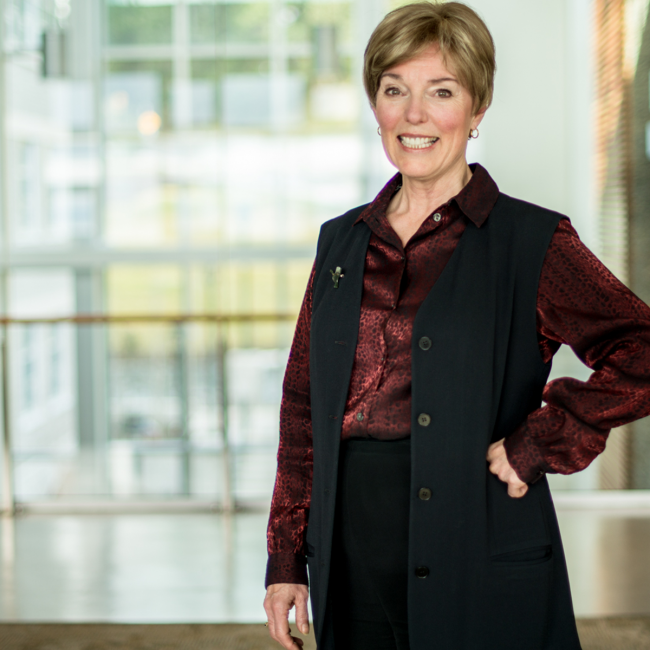
Mary-Anne Neal, Business & PCS assoc. faculty
Technology benefits humankind by bringing us together. The best use of technology is to implement innovation — i.e., new ways of thinking. Since 2015, I have dedicated thousands of volunteer hours to amplifying the Indigenous voice in the remote Sahtu region of the Northwest Territories. The innovative Dene Hero publication project is only possible because we are able to use technology to honour the First People of Canada.
Through the Dene Hero publication project, Indigenous youth, community members and Elders tell their story in their own words. Dene women in particular say that the writing experience has been a healing journey for them.
The innovative use of technology is the only way to capture and honour the extensive oral history of remote First Nations communities. We record Elders using apps, transcribe stories on to laptops and share files using Dropbox. Technology levels the playing field for men and women, thus contributing to gender equality by giving women an equal voice.
One Dene woman paid tribute to her grandmother by describing her own hands as similar to those of her ancestors.
Another Dene woman paid me the highest compliment when she told me, "You made me believe that our voice matters."
Yes, the Indigenous voice matters.
We will listen to the voices of the First People, using innovation and technology.
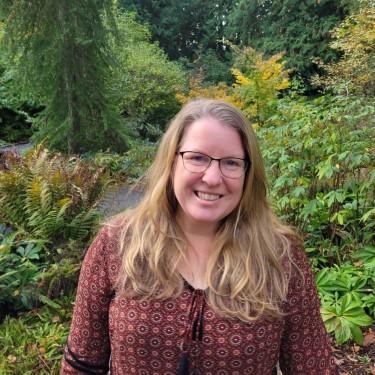
Gwen Campden, Student Success Manager
Multiple viewpoints are essential for growth and success in innovation, and we’re well past the time where women create half the vision for that change.
When women sit at the table with an equal interest, we’ll see things like construction tools made lighter and smaller rather than just in Pepto pink. With practical tools for women, we’ll see gender equality in the higher paid fields of labour and construction, making starting out in life a little more affordable for young women.
With women at the table, we’ll see a greater understanding for the value of multiple viewpoints and, this evolution away from one-size-fits-all thinking, creates welcoming spaces for other voices that represents Canada’s cultural mosaic.
As I sit here writing about smaller tools, my soul aches for those who are fighting for their lives and freedoms in countries like Iran and the United States. We’re past the time for equity and yet we’re skidding backwards.

Madeline McPherson, Planning and Delivery ACP Manager
Having been employed in the innovation and technology sector for over 25 years within an array of industry, social and cultural environments, my vocational journey has served to strengthen and prepare me for the IT management role I now enjoy.
Since entering the post-secondary education sector with Royal Roads University 3 years ago, and joining the IT Services department, I’ve led a diverse team of software development professionals, collaborating with and serving our vital community of staff, faculty and students.
This leadership role has provisioned opportunities for increased gender equality as I am able to engage with, support and represent other women, many who are also positioned in leadership roles.
In my experience being a woman and supporting other women in the innovation and technology sector is both an inspiring and pleasurable one.